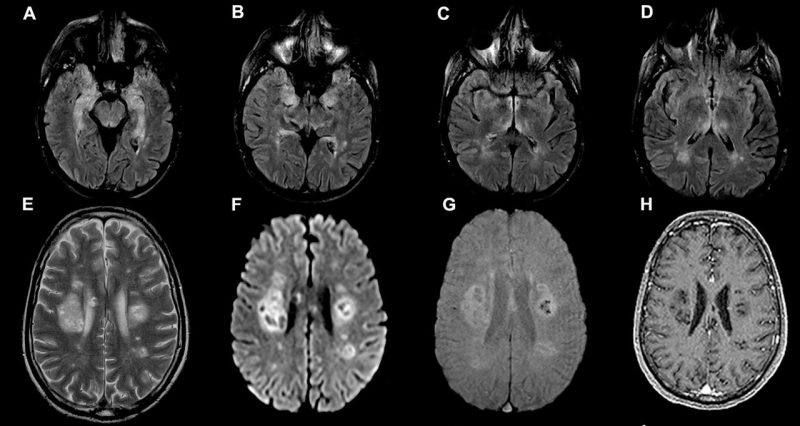
Recovered COVID Patients Suffering ‘Significant Cognitive Deficits’ According To Large-Scale UK Study. Over 190 million people have officially contracted SARS-CoV-2, the virus which causes Covid-19. Of that, the vast majority have recovered – while up to one-third reportedly suffer from lingering symptoms of varying severity, known as ‘long covid.’
Common complaints include a lack of smell and taste, as well as “brain fog” – in which sufferers often complain of ongoing confusion, lack of focus, and migraines – well after they’ve ‘recovered’ from the disease.
Last week, The Independent reported that Covid-19 may accelerate the onset of Alzheimer’s disease in patients suffering from neurological symptoms, while another study noted in the report found that coronavirus patients “are more susceptible to long-term memory and thinking problems.”
Last September, a study offered the first clear evidence that Covid-19 ‘hijacks’ brain cells to make copies of itself – starving nearby cells of oxygen. The same researchers found last July that some Covid-19 patients have developed serious neurological complications, including nerve damage.
Now, a large-scale study in the UK of more than 80,000 participants “offers convincing evidence that COVID-19 may indeed result in long-term cognitive deficits – even in those who suffer the mildest form of the disease,” according to Dr. Rhonda Patrick.
Dr. Rhonda Patrick
Severe cases had the greatest cognitive decline of 0.47 standard deviations compared to non-infected individuals. This deficit surpasses the cognitive decline found in former stroke victims, as well as cognitive differences between groups that differ by 10 yrs of age.
Most surprisingly a significant degree of cognitive decline was found in mild cases of COVID-19. These individuals performed 0.23 standard deviations below normal – a decline that is roughly equivalent to 3.5 IQ points in a classic test of intelligence.
Meanwhile, Patrick also points to a different study which found a significant loss in grey matter:


